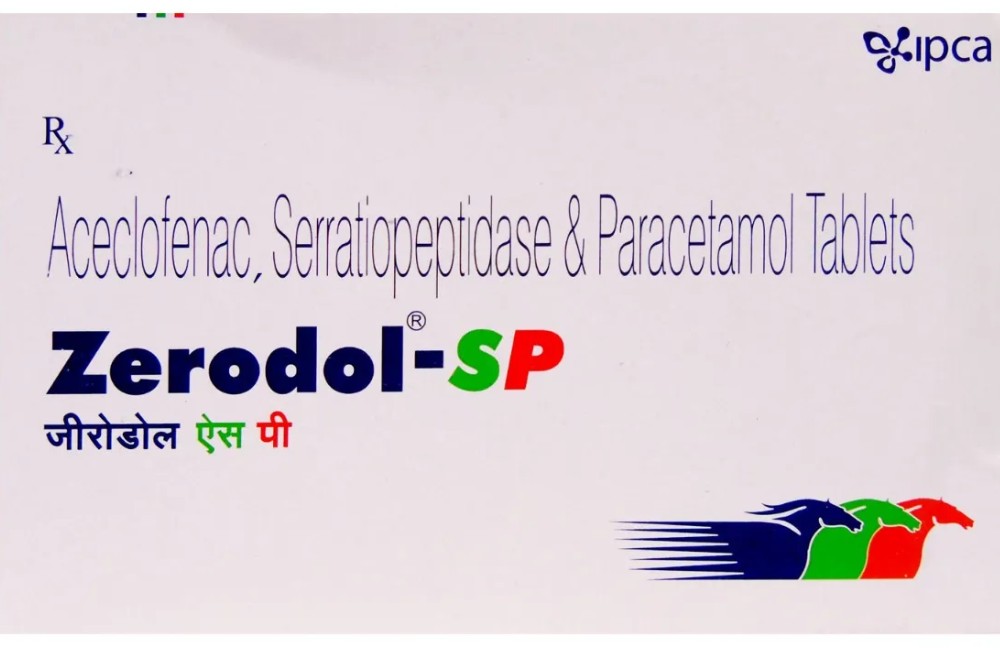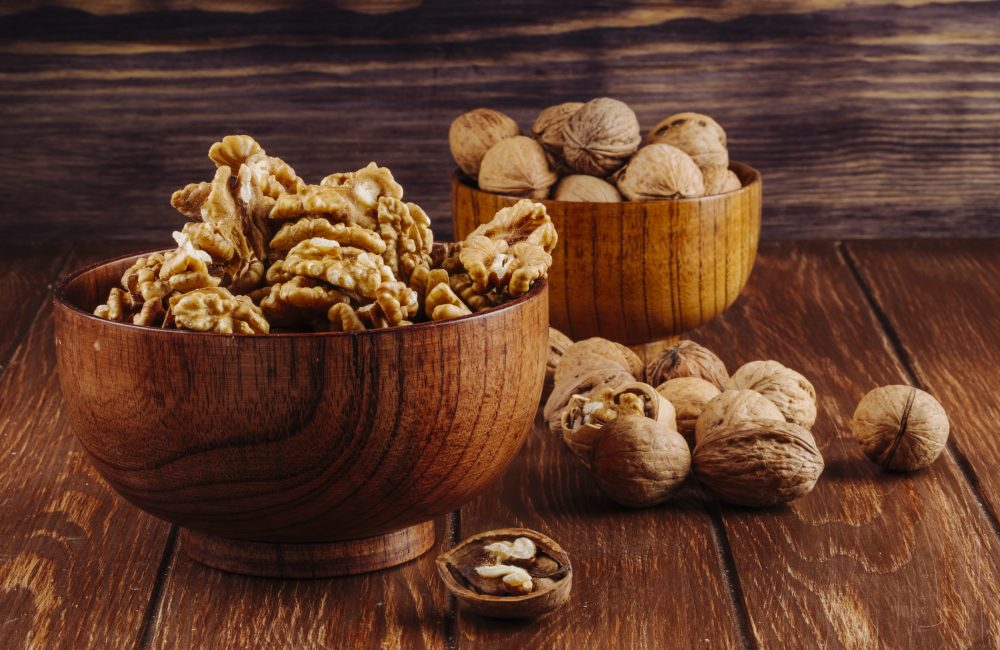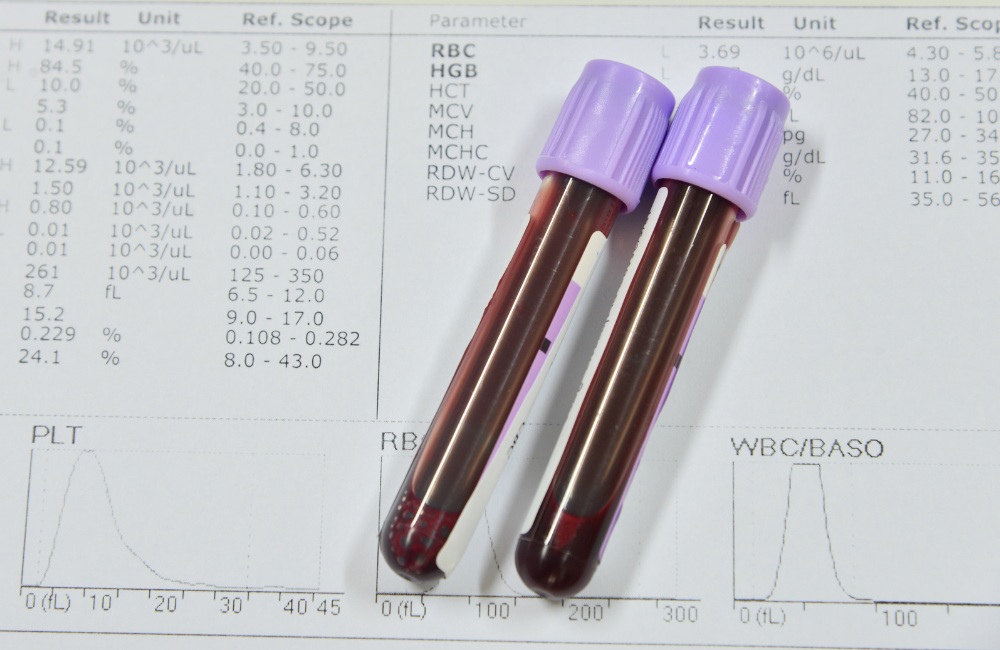Dizzy Spells Unveiled: Giddiness – Causes, Symptoms, and Treatments
Have you ever felt like the world around you suddenly started doing somersaults, leaving you in a state of bewildering dizziness? If so, you’re not alone. Giddiness, often referred to as dizziness, can sneak up on us when we least expect it, and it can be more than just a fleeting sensation. In this article, we’ll embark on a journey to demystify the enigmatic world of giddiness. We’ll delve deep into its causes, explore the unsettling symptoms it brings, and reveal the secrets to effective treatments that can help you regain your footing. So, hold on tight as we unravel the mysteries of giddiness together.
Table of Contents
ToggleUnderstanding Giddiness
What is Giddiness?
Giddiness, also known as dizziness, is a disorienting sensation of unsteadiness or spinning. It can feel like the world is rotating around you or like you’re on a merry-go-round with no way to stop it. This bewildering experience often leaves individuals feeling off-balance and anxious.
Giddiness vs. Vertigo: What’s the Difference?
While giddiness and vertigo are often used interchangeably, they’re not the same. Vertigo is a specific type of dizziness characterized by a spinning sensation, as if you or your surroundings are in motion when they’re not. Giddiness, on the other hand, encompasses various sensations of unsteadiness, including lightheadedness and vertigo.
The Role of the Vestibular System
To understand giddiness better, we need to meet the vestibular system, the body’s balance control center. This intricate system, located in the inner ear, helps us maintain our equilibrium by processing signals related to motion and spatial orientation.
Perplexity of Giddiness: Why Does It Happen?
Giddiness can strike for a multitude of reasons, making it a perplexing phenomenon. It’s not just a standalone condition; rather, it’s often a symptom of an underlying issue. To get to the root of giddiness, we must explore the various factors that can trigger it.
The Culprits Behind Giddiness
Inner Ear Disorders
Benign Paroxysmal Positional Vertigo (BPPV)
BPPV, a common inner ear disorder, can turn even the simplest head movements into a rollercoaster ride. We’ll explore how tiny calcium crystals can wreak havoc in your inner ear and lead to debilitating bouts of vertigo.
Meniere’s Disease
Imagine being trapped in a room where the walls are closing in on you, and the floor is tilting. That’s what Meniere’s disease can feel like. We’ll unravel the mysteries of this disorder and its impact on your balance.
Dehydration and Low Blood Pressure
Your body is a finely tuned machine that relies on adequate hydration and blood pressure to function properly. We’ll discuss how dehydration and low blood pressure can tip the balance and lead to giddiness.
Medications and Their Side Effects
The very medications that promise to heal can sometimes bring unwelcome side effects. We’ll explore how certain drugs can disrupt your equilibrium and trigger bouts of dizziness.
Anxiety and Stress: The Mind-Body Connection
Your emotional state can have a profound impact on your physical well-being. We’ll delve into the connection between anxiety, stress, and giddiness, and how managing your mental health can help keep you steady on your feet.
Ear Infections: An Underlying Cause
Hidden infections in your ear can stir up a storm of giddiness. We’ll shine a light on how ear infections can go unnoticed and wreak havoc on your sense of balance.
Unmasking the Symptoms
Spinning Sensation: The Classic Sign
If you’ve ever felt like you’re caught in a whirlwind, you’re familiar with this hallmark symptom of giddiness. We’ll explore why it happens and what it means for your health.
Lightheadedness vs. Vertigo
Is it a fleeting moment of lightheadedness or a full-blown episode of vertigo? We’ll help you distinguish between these two common but distinct sensations.
Nausea and Vomiting
Giddiness can often bring an unwelcome guest—nausea. We’ll uncover why your stomach may join the spinning party and discuss strategies to quell the queasiness.
Balance Issues: Walking a Tightrope
Maintaining balance can feel like walking on a tightrope for those with giddiness. We’ll explore the challenges individuals face in their daily lives and how they cope.
Ringing Ears and Hearing Disturbances
Giddiness isn’t limited to spinning sensations; it can also affect your hearing. We’ll delve into the world of tinnitus and hearing issues that often accompany giddiness.
Seeking Relief: Treatments for Giddiness
Lifestyle Modifications
Staying Hydrated
A simple glass of water can make a world of difference. We’ll discuss the importance of staying hydrated to keep giddiness at bay.
Dietary Changes
Your diet plays a pivotal role in managing giddiness. We’ll explore foods that can help or hinder your quest for balance.
Stress Management Techniques
Conquering stress is key to taming giddiness. We’ll dive into relaxation techniques that can help you regain control.
Medications and Their Role
Antihistamines
These little pills can be a lifesaver when giddiness strikes. We’ll uncover how antihistamines work their magic.
Vestibular Suppressants
Learn about medications that target the vestibular system to calm the storm of giddiness.
Physical Therapy and Exercises
Discover exercises and therapies designed to improve your balance and reduce giddiness.
Epley Maneuver for BPPV
For those suffering from BPPV, the Epley maneuver can be a game-changer. We’ll walk you through this effective technique.
Surgical Interventions
In severe cases, surgical options may be considered. We’ll discuss these procedures and their potential benefits.
Preventing the Whirlwind
Dietary Strategies for Prevention
Prevention is the best medicine. We’ll delve into dietary adjustments that can help keep giddiness at bay.
Staying Physically Active
Exercise isn’t just for fitness; it’s a vital component of giddiness prevention. We’ll explore the role of physical activity in maintaining balance.
Stress Reduction Techniques
Stress is a common trigger for giddiness. We’ll introduce you to stress-reduction practices that can fortify your defenses.
Regular Checkups and Early Detection
Don’t wait until giddiness strikes to seek help. We’ll emphasize the importance of regular checkups and early detection of underlying causes.
Lifestyle Adjustments for a Steady Course
Your everyday choices can significantly impact your giddiness risk. We’ll wrap up by discussing lifestyle adjustments for a more balanced life.
Conclusion
In conclusion, giddiness may be perplexing, but with the right knowledge and strategies, you can regain control of your balance. Whether you’ve experienced it firsthand or are seeking to help a loved one, understanding the causes, symptoms, and treatments is the first step towards a steadier future.
FAQ’s
Yes, stress can trigger giddiness. When we’re stressed, our body’s equilibrium can be disrupted, leading to a sensation of dizziness.
Not necessarily. Giddiness can have various causes, some of which are temporary and benign. However, it’s crucial to consult a healthcare professional to rule out any underlying issues.
Yes, there are natural remedies such as hydration, dietary changes, and stress management techniques that can help alleviate giddiness symptoms.
While it’s possible to perform the Epley maneuver at home, it’s recommended to consult a healthcare provider or physical therapist for proper guidance, especially if you’re unsure.
Prevention involves maintaining a healthy lifestyle, including staying hydrated, managing stress, and engaging in regular physical activity. Regular checkups can also help detect and address potential causes early on.
Note: Remember, it’s always a good idea to consult a healthcare professional or registered dietitian before making significant changes to your diet, especially if you have any underlying health conditions or specific dietary requirements.
Book an Appointment
Recent Articles
-
 Zerodol-SP Tablet: Power of Pain Relief and Inflammation Control30 Jun 2023
Zerodol-SP Tablet: Power of Pain Relief and Inflammation Control30 Jun 2023 -
 Glycerin for Face: A Game-Changer in Skincare?01 Sep 2023
Glycerin for Face: A Game-Changer in Skincare?01 Sep 2023 -
 The Incredible Benefits of Eating Walnuts: Boosting Your Health One Nut at a Time29 Jun 2023
The Incredible Benefits of Eating Walnuts: Boosting Your Health One Nut at a Time29 Jun 2023 -
 The Marvel of First-Time Sex: Unveiling the Potential for Pregnancy05 Jul 2023
The Marvel of First-Time Sex: Unveiling the Potential for Pregnancy05 Jul 2023 -
 Full Body Checkup: A Complete Test List for Optimal Health02 Nov 2023
Full Body Checkup: A Complete Test List for Optimal Health02 Nov 2023

